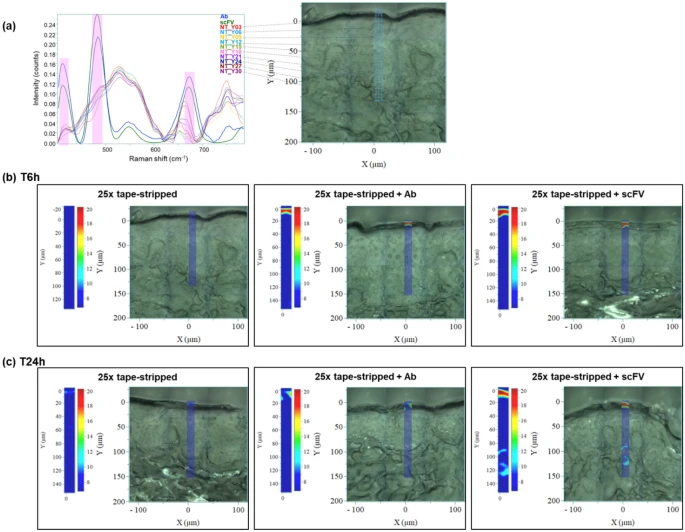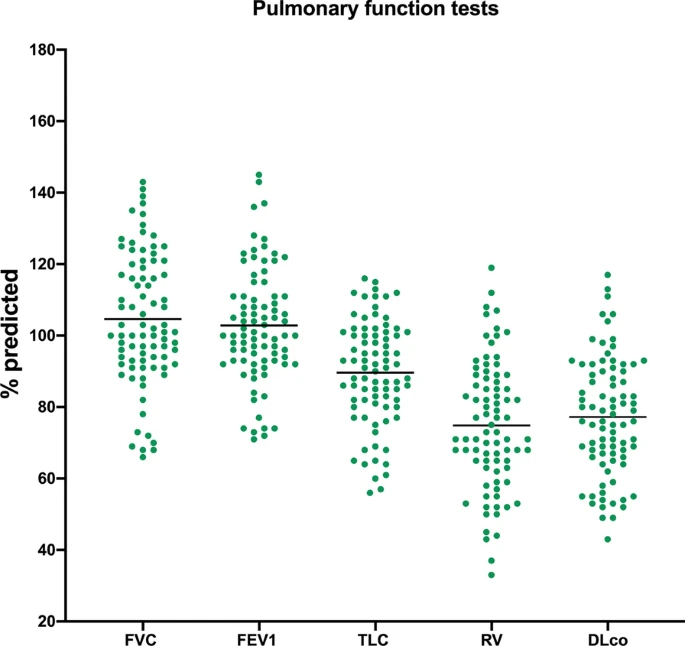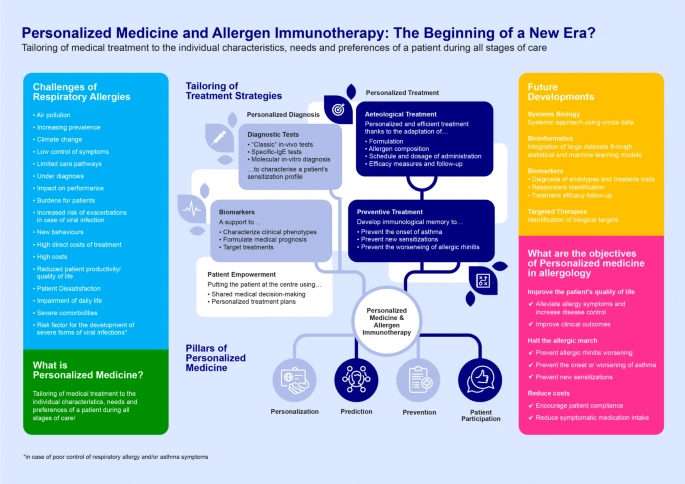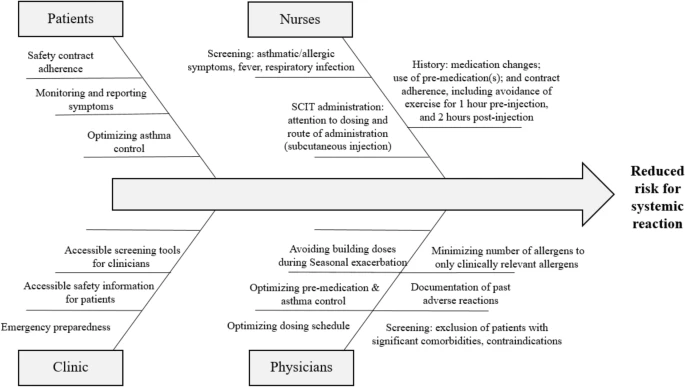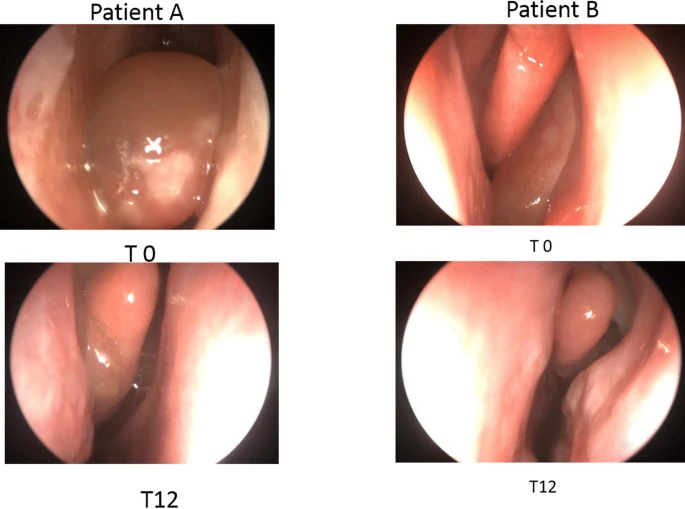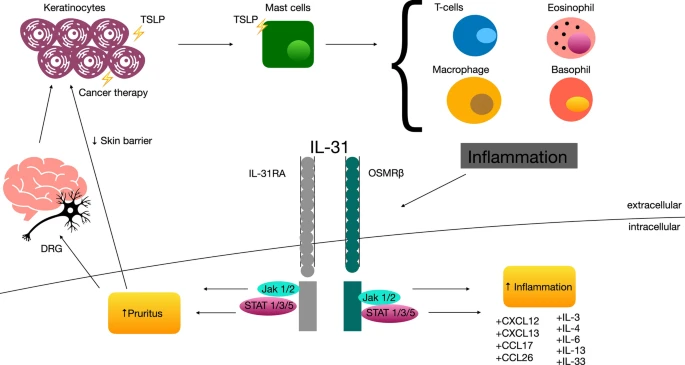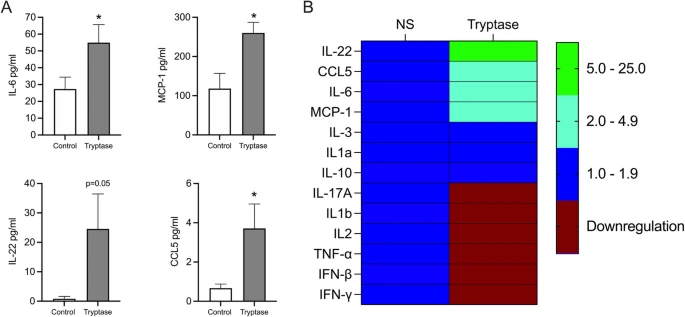J Investig Allergol Clin Immunol 2021; Vol 31(3) : 196-211
doi: 10.18176/jiaci.0673
Martin MJ1,2,3, Garcia-Sanchez A1,2,4, Estravis M1,2,4, Gil-Melcón M5, Isidoro-Garcia M1,2,6,7, Sanz C1,2,8, Davila I1,2,4,9
Chronic rhinosinusitis (CRS) is an inflammatory disease of the nose and paranasal sinuses that is often associated with nasal polyposis (CRSwNP) in the most severe cases. As in other complex diseases, genetic factors are thought to play an important role in the risk and development of the disease. Environment may also modulate the epigenetic signature in affected patients. In the present systematic review, we aimed to compile all published data on genetic and epigenetic variations in CRSwNP since 2000. We found 104 articles, 24 of which were related to epigenetic studies. We identified more than 150 genetic variants in 99 genes involved in the pathogenesis of nasal polyposis. These were clustered into 8 main networks, linking genes involved in inflammation and immune response (eg, MHC), cytokine genes (eg, TNF), leukotriene metabolism, and the extracellular matrix. A total of 89 miRNAs were also identified; these are associated mainly with biological functions such as the cell cycle, inflammation, and the immune response. We propose a potential relationship between genes and the miRNAs identified that may open new lines of investigation. An in-depth knowledge of gene variants and epigenetic traits could help us to design more tailored treatment for patients with CRSwNP. PDF
